5 Best Practices for Commercial Pest Control in Saudi Arabia
Pest control is essential to keep commercial facilities safe, clean, and healthy. Keeping pests at bay is critical whether you run a restaurant, warehouse, or retail business to prevent property damage, safeguard clients and staff, and guarantee adherence to health and safety laws. Efficient pest management strategies are crucial in Saudi Arabia, as the country’s businesses are expanding quickly.
The five best techniques for commercial pest management in Saudi Arabia are described in this article, which will assist you in developing a strong strategy to keep pests out of your establishment. Pest control in Saudi Arabia is essential to maintain a healthy and safe environment, particularly in commercial settings.
Importance of Commercial Pest Control
In Saudi Arabia, the type of corporate operations, construction, and environment contribute to the prevalence of insect infestations in commercial premises. If left untreated, pests, including insects, birds, and rats, can inflict serious damage.
They may taint goods, cause property damage, and provide unhygienic conditions that endanger the health of staff members and clients.
Because of stringent regulations, keeping a pest-free workplace is especially important in food processing and healthcare. Ignoring pests could Cost you a lot of money in fines, force you to close your business, and ruin your reputation forever. In Saudi Arabia, pest control is crucial to maintaining compliance with these regulations.
As a result, using the best pest control techniques in your business helps maintain professionalism and cleanliness and prevent infestations.
1. Conducting Regular Inspections
Regular inspections are one of the best strategies to control pests in commercial settings. By doing routine inspections, you can identify pest activity before an infestation can spread. Areas that are more likely to have pest activity include:
- Storage rooms: Cockroaches and rodents are common pests found in these spaces.
- Kitchen and dining areas: Ants, flies, and cockroaches are drawn to food spills and crumbs.
- Waste disposal areas: If not adequately maintained, trash cans and dumpsters serve as insect breeding grounds.
- Entry points: Cracks in walls, doors, and windows can give pests easy access.
Regular inspections can help uncover any issues and take preventive action before things get out of control, especially during high-risk seasons (like summer).
For these inspections, you should ideally engage professional pest control specialists. Still, even your internal personnel can assist by looking for telltale indicators of infestation, such as droppings, gnaw marks, and odd smells.
2. Ensuring Proper Waste Management
Effective waste management is a basic pest control measure in any commercial setting. Unmanaged garbage is like giving rats, insects, and birds a free pass.
Pest control in Saudi Arabia is particularly important due to the region’s climate, which can favour the proliferation of pests. The following actions can be taken to guarantee efficient waste management:
- Employ sealed containers: Waste should always be kept in sealed containers that are difficult for pests to reach. Make sure to frequently empty and clean garbage cans to prevent the accumulation of food residue.
- To avoid attracting pests, food waste should be segregated and promptly disposed of in commercial kitchens and restaurants.
- Preserve a clean environment: The space surrounding dumpsters must be clear of spills, leaks, and food waste. Frequent sanitisation and cleaning keep trash from turning into a haven for pests.
- Staff education: Ensure that every employee receives training on the value of waste management and is aware of the proper ways to handle recyclables, food waste, and trash.
By taking these precautions, you may lessen the chance that pests will be drawn to your business’s commercial space and maintain hygienic practices that adhere to regional health regulations.
3. Sealing Entry Points
“Many pests get into buildings through gaps, cracks, and fissures in doors and windows. Sealing these entry holes is one of the easiest and most reliable ways to keep pests out of your business property. Pest Control in Saudi Arabia can provide professional sealing services to ensure your business is pest-free.”
- Windows and doors: To keep rodents and flying insects out, install screens on windows and weather stripping on doors.
- Gaps and cracks: Look for areas next to utility lines, gaps around pipes and wall cracks outside your building. To shut off these access points, use caulking or other sealing supplies.
- Roof and foundation: Inspect your roof for missing shingles and ensure no crevices or fractures in your foundation. Birds and roof rats are especially well-known for using roofs as entry points for structures.
In addition to keeping bugs out of the house, closing off possible entry holes also lessens the need for subsequent, more intrusive pest control measures.
4. Using Safe and Effective Pest Control Methods
Any commercial setting must use safe and efficient pest control techniques. Respecting Saudi Arabia’s regulations, which might change based on the sector, is crucial for environmental and public health. Think about the following strategies:
- Eco-friendly solutions: Use non-toxic, environmentally friendly pest control methods whenever possible. These choices are safer for your staff and clients and more environmentally friendly.
- Integrated Pest Management (IPM): This approach integrates non-chemical treatments, safe chemical interventions when needed, and preventive measures. IPM lessens reliance on dangerous chemicals and concentrates on long-term pest avoidance.
- Expert pest control services: Working with professionals is advisable if you’re dealing with a serious infestation. These professionals will ensure that the treatments utilised are safe, efficient, and according to local laws. They are also equipped to handle a variety of pest species.
By including these techniques in your pest management plan, you can ensure that pests are efficiently handled while reducing the amount of hazardous pesticides used.
5. Continuous Monitoring and Maintenance
Ongoing management and observation are necessary to guarantee that pests don’t reappear even after an infestation has been successfully eradicated.
Pest control in Saudi Arabia is essential to maintain a healthy and pest-free environment. Here are some tips for keeping pests out of your business space:
- Tools for monitoring pest activity: To keep tabs on pest activity over time, set up bait stations, traps, and tracking devices. Using these tools, you may identify new infestations early on and take action before they cause significant issues.
- Seasonal upkeep: Modify your pest control methods by the passing of the seasons. For instance, it’s crucial to step up pest management efforts during the warmer months since certain pests are more common during this period.
- Employee awareness: Teach your employees to spot insect infestations early on and urge them to report any sightings immediately.
Frequent monitoring will enable you to identify possible infestations early and take prompt action to stop outbreaks in the future.
To read more blog: Comprehensive Guide to Pest Control Services in Lahore
Final Thoughts
In Saudi Arabia, commercial pest control necessitates a planned strategy that integrates safe control techniques, routine maintenance, and preventive measures.
You may successfully manage pests in your commercial space by following the five best practices, including doing routine inspections, ensuring that trash is handled properly, sealing accessways, employing safe pest control technologies, and ongoing monitoring.
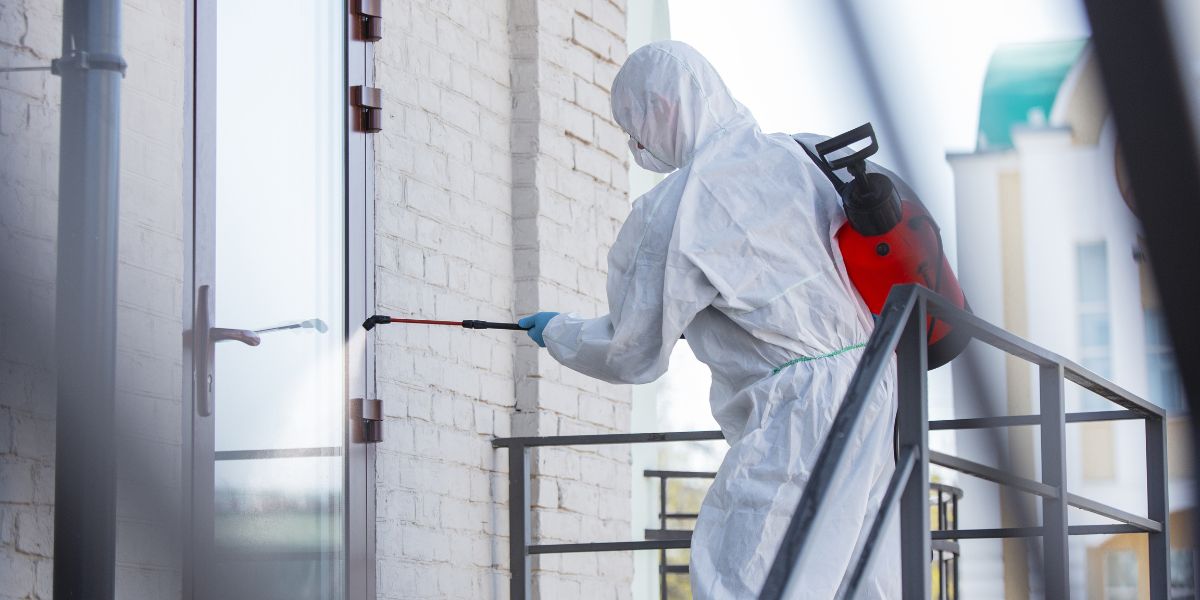
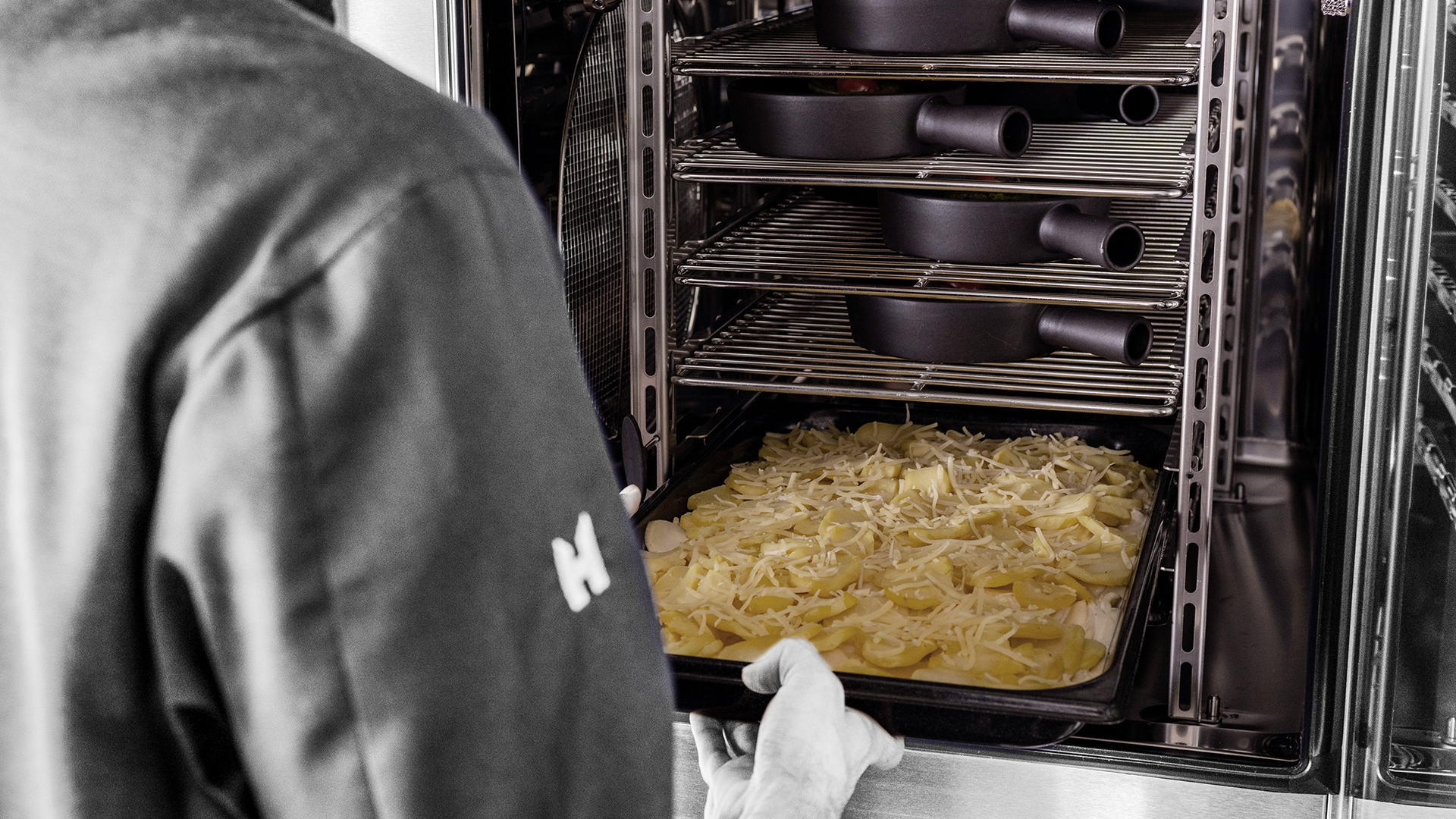
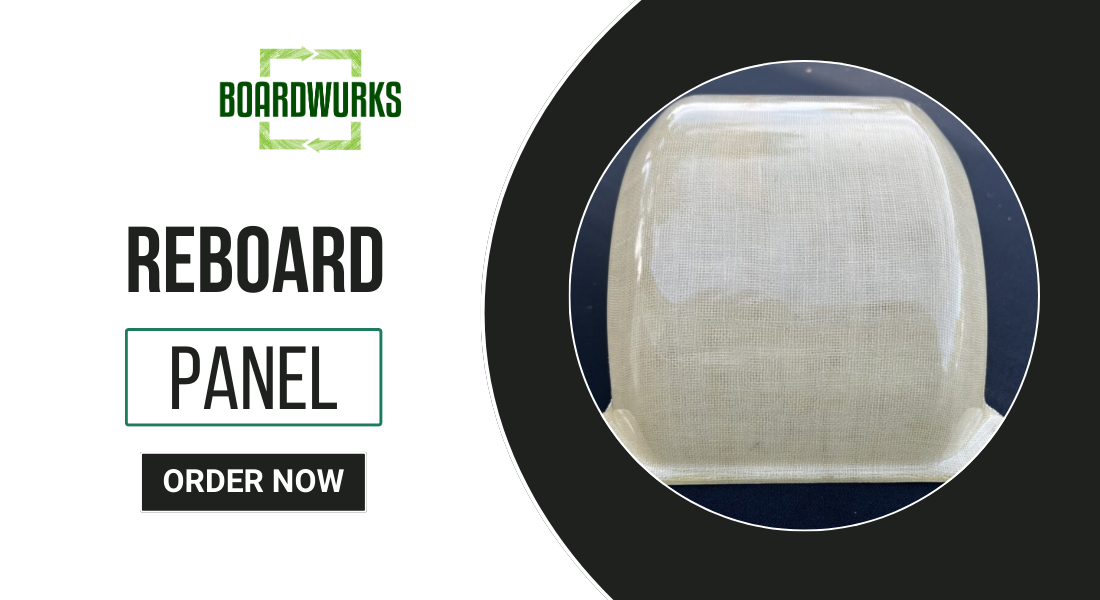



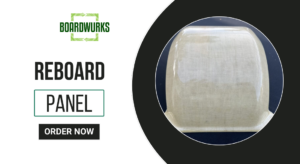

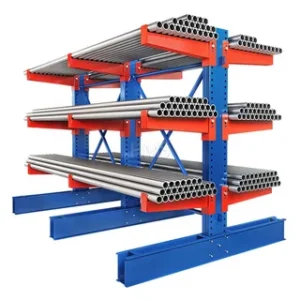
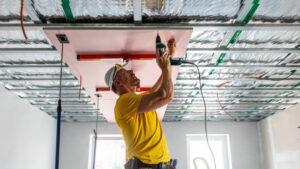
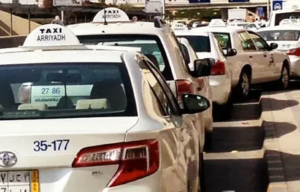
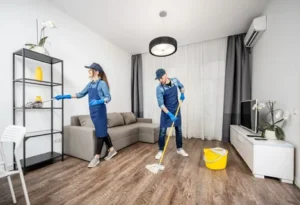


Post Comment